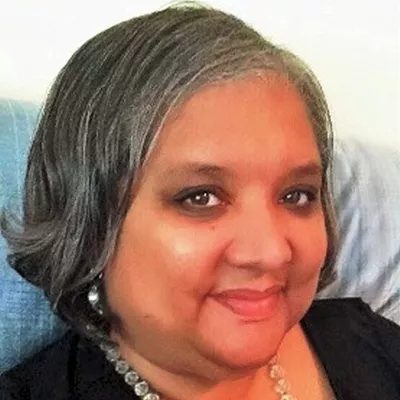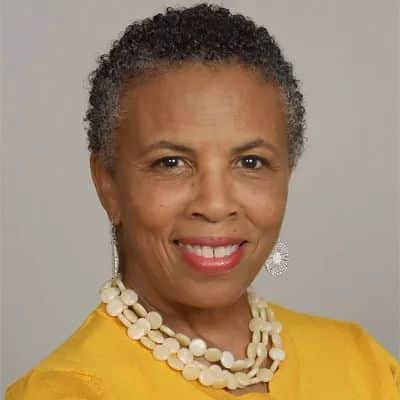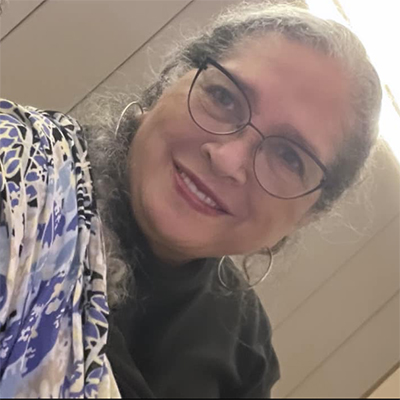What exactly are the 1850 and 1860 United States Slave Schedules and what is their value to researchers? A closer look at this enumeration of “slave inhabitants” will streamline interpretation of these records and will help define the do’s and don’ts of working with them.

Already a member? Log in









You should receive a confirmation email with a link to the webinar soon.
You’ll also receive a reminder both the day before and one hour before the webinar begins.
Didn’t receive a confirmation email?
You successfully registered for %s.
You should receive a confirmation email with a link to the webinar soon.
You’ll also receive a reminder both the day before and one hour before the webinar begins.
Didn’t receive a confirmation email?
To ensure a smooth, high-quality webinar experience, check the quality of your internet connection.
On the day of the webinar, connect 30–40 minutes before and turn off any background software. If you can’t tune in live, you can view the recording later in the Webinar Library. If joining via a mobile device, be sure to first install the free GoTo app.
Questions? Contact us or read our FAQ.
It looks like you’re already registered for this webinar
You can register for another webinar.
Didn’t receive a confirmation email?
It looks like you’re already registered for these webinars
You can register for another webinar.
Didn’t receive a confirmation email?
Something happened on our end, sorry about that
We were unable to complete your registration.
Please try again later.



 Syllabus
Syllabus
 Chat Log
Chat Log
Fabulous!
Thank you, Renate, for a very informative and easily-understandable presentation. Your visuals were on point and clearly demonstrated your lecture content. I learned so much and I now look forward to reviewing Slave Schedules in the course of my research. How fortunate to be able to add names to a “faceless” enumeration! I am thankful that you were so blessed. I trust and respect your research methods and I will heed your advice about identifying ancestors on the schedules or other non-explicit records. I love my ancestors and I seek their guidance as I do my family research so the last thing I want to do is to dishonor them by spreading inaccurate information. You are a wonderful inspiration and teacher — thank you for sharing your wisdom and experience so the rest of us can become confident researchers. May you continue to be blessed in all your endeavors!
Thank you so much for this amazing comment. I’m glad you enjoyed the webinar. Best wishes in your research!
Renate
Thank you Renate! This webinar was nothing less than phenomenal. You provided a blueprint for how one might provide names to those dreaded tick marks! Excellent work.
Thank you!
Oh, Renate! This presentation has brought me tears! Amazing work, as always! Thank you!
Excellent and informative presentation!
Good stuff – yummy! Thanks Renate. Great information about the 1850 and 1860 Slave Schedules that is very useful when researching enslaved ancestors and their enslavers. Thanks for sharing the new FamilySearch feature that allows us to enter the name of our enslaved ancestor on the slave schedules. This is remarkable!
Awesome Renate.
Just absolutely excellent! Great information, especially about the changes for FamilySearch. Thanks very much.